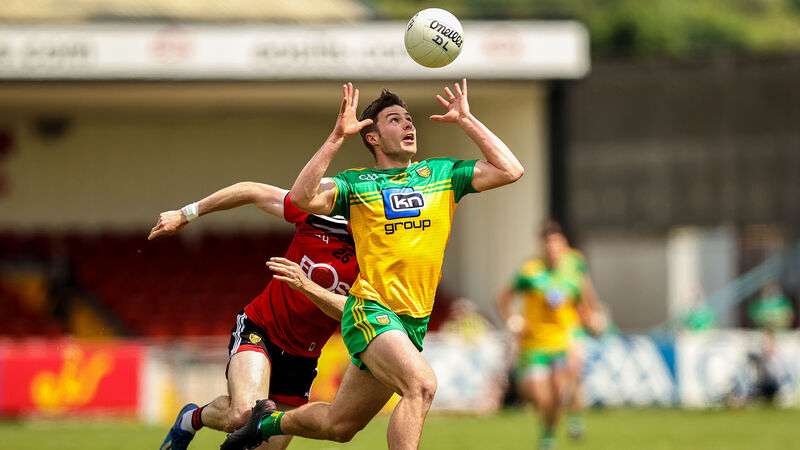Ed Coughlan: The mindset in sport when there's no second chance often separates the best from the rest

Context is key in everything we do; it is the very reason why we should be slow to judge anything without finding out first what is going on. For example, to many people a 4-foot jump from one point on the ground to another point on the ground would be executed with little or no effort, in fact, it would probably be cleared by a couple of feet, by most.
However, if that 4 feet was the gap between two rooftops 50 feet off the ground, most of those same people would take a very different approach to making their jump. Physiologically, their bodies would reflect the change in context with an increase in their heart rate, breath rate, and sweat rate. The landing point would quickly become a sharp focus of their attention and they may even move towards the edge to peer carefully down to see what the landing would behold should things go horribly wrong.









